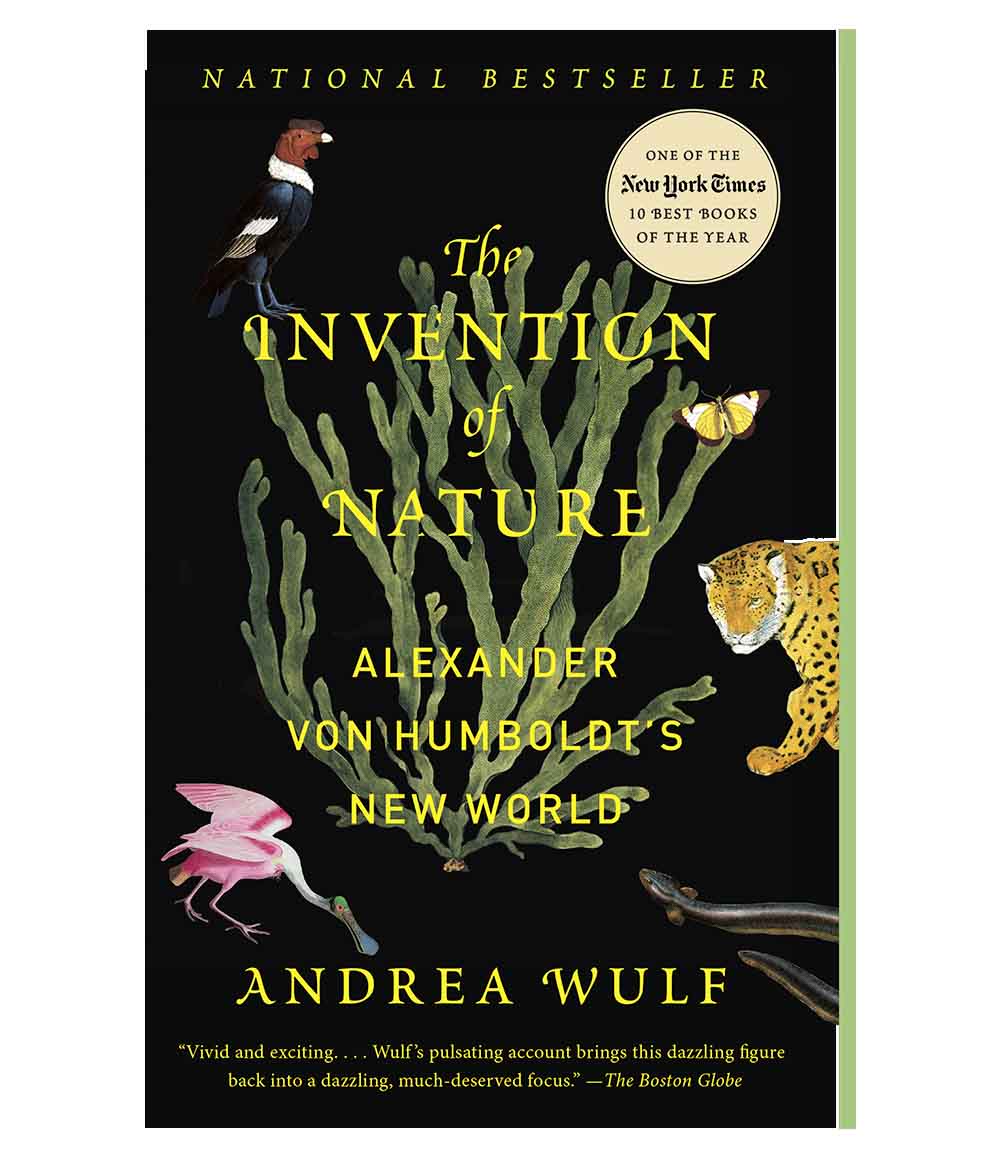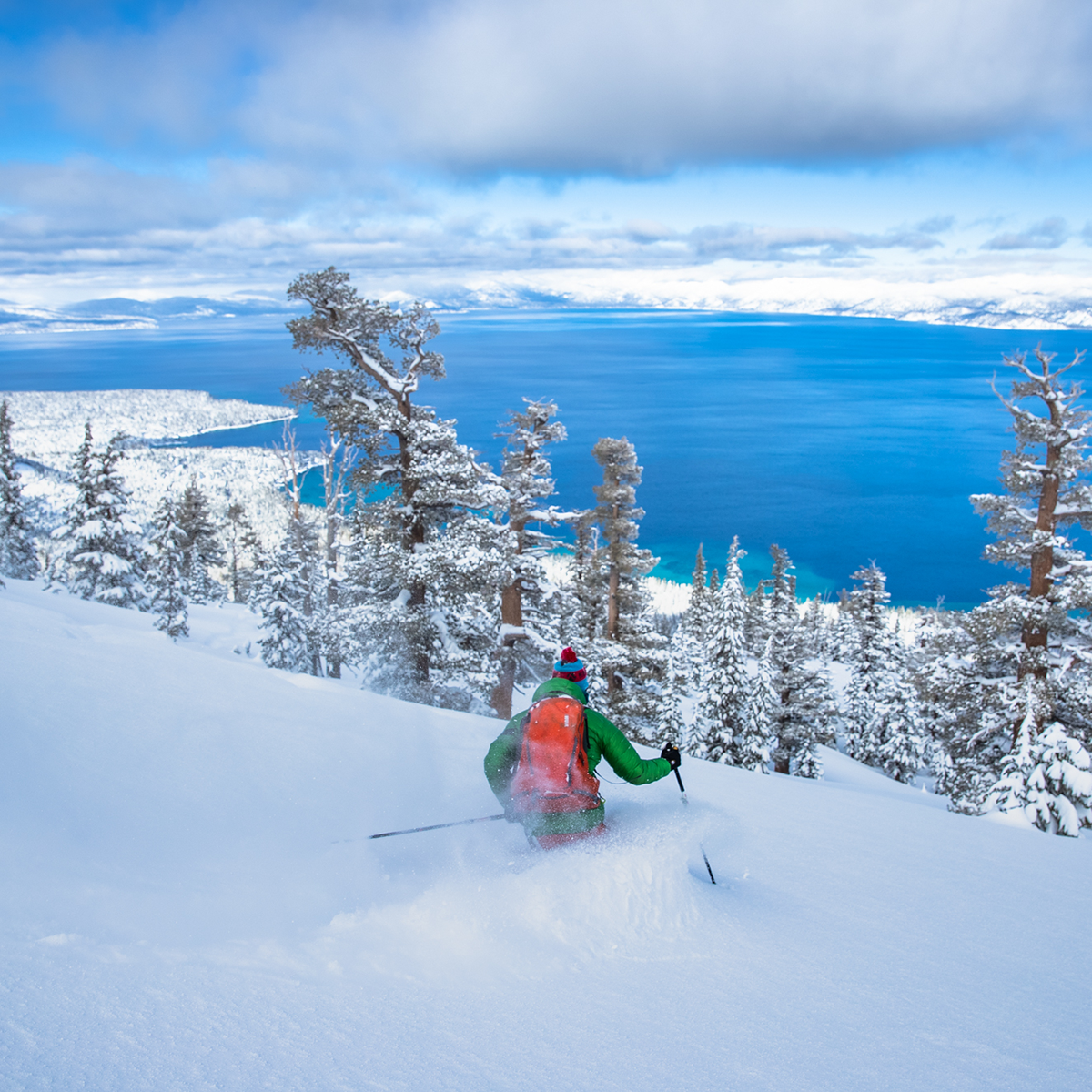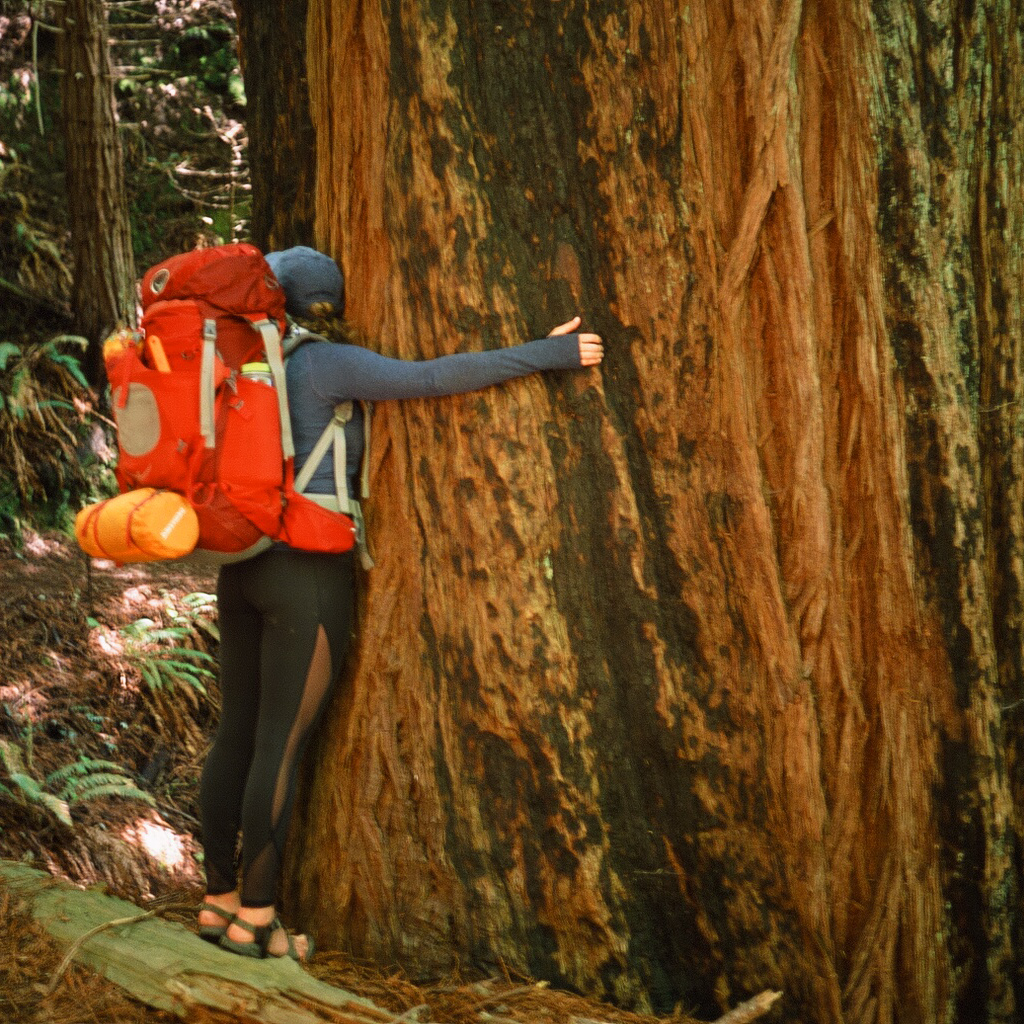

The Invention of Nature
Free Shipping over $100
Pickup available at 415 North Lake Boulevard
Usually ready in 24 hours

The Invention of Nature
415 North Lake Boulevard
415 North Lake Boulevard
Tahoe City CA 96145
United States
Shipping & Returns
- Items ship in 3 days or less
- 10 day return policy
- No returns on sale items
- We do not ship anywhere outside of the contiguous US
Click here for our Shipping and Return Policies
Shipping & Returns
10 day
Features
This book has been chosen by Luke Nelson for the 2024 Community Book Initiative as a reflection of the theme, stewardship. All profits from the purchases of this book during the 2024 Community Book Initiative event (running from 5/13/24-6/10/24) benefits local nonprofit Clean Up the Lake.
About the Book:
About Luke Nelson:
I’m Luke. I’m originally from a small town between Lake Tahoe and Yosemite, called Murphys. I studied at Cal Poly Humboldt in the field of Exercise Science and Health Promotion. After I graduated, I moved to Santa Cruz and worked as an Exercise Physiologist in corporate wellness. This past summer I moved to Truckee with my partner Kaela and am now a part of the Alpenglow family. Overall my passions include trail running, skiing, and art.
Why Luke Chose This Book:
The Invention of Nature is a biography of Alexander von Humboldt, who was a scientist and explorer of the 18th and 19th centuries. This book explains Humboldt's groundbreaking contributions to geography, ecology, and environmental science all the while he travels through Russia, Europe, and South America. He was a huge advocate for environmental conservation and he had a very holistic approach to his research methods. I found this book to be an excellent choice for the Community Book Initiative’s theme of stewardship.
Humboldt’s expeditions and scientific discoveries highlighted the interconnectedness of nature and the delicate balance of ecosystems. His observations emphasized the importance of understanding and preserving the environment. He was an early advocate for environmental conservation, he recognized the impact of human activities on the environment and advocated for sustainable practices to ensure the well-being of future generations. He utilized multiple disciplines and emphasized the interconnectedness of all living things. Concluding that his ideas and writing had a profound influence on generations of scientists and thinkers, contributing to the development of modern environmentalism.
This book illustrates how Humboldt’s life and work embody the many principles of stewardship, including environmental awareness, conservation advocacy, a holistic approach to science, and a commitment to future generations. Through Humboldt’s example, we can see the importance of stewardship in fostering a sustainable relationship with the natural world.
Technical Specs

















